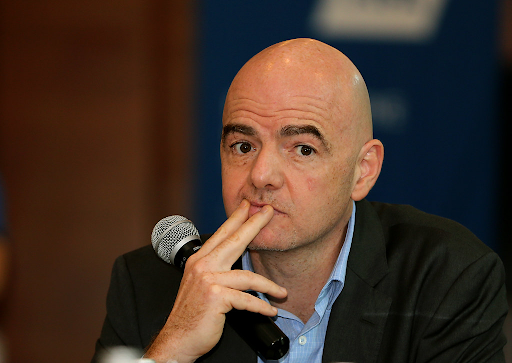The 2030 centenary World Cup is shaping up to be a tournament of grand compromise. It will feature a historic and complex multi-continent format to honor its origins, but FIFA has drawn the line at making it a mega-sized 64-team event, signaling a compromise between celebration and practicality.
The celebratory aspect is clear in the decision to award the opening matches to Uruguay, Argentina, and Paraguay, a direct nod to the first tournament in 1930. The bulk of the event will then move to Spain, Portugal, and Morocco. This ambitious plan is FIFA’s way of marking the 100th anniversary with a unique and inclusive gesture.
However, the push by the South American hosts to pair this with a massive expansion to 64 teams was a step too far. FIFA’s decision-makers, facing the logistical nightmare of the existing plan, were unwilling to compound the complexity. The rejection of the 64-team format is the pragmatic side of the compromise.
This decision reflects a balancing act. FIFA is willing to innovate and break with convention to create a memorable centenary event, but it is not willing to do so at the cost of the tournament’s fundamental sporting and logistical viability. The “no” to 64 teams is a recognition that even a historic celebration has its limits.
The result is a centenary compromise: the 2030 World Cup will be historically significant for its geographic spread, but not for the size of its participant list, which will remain at the new standard of 48 teams.
The Centenary Compromise: A Multi-Continent Format, But Not a Mega-Sized One
27

